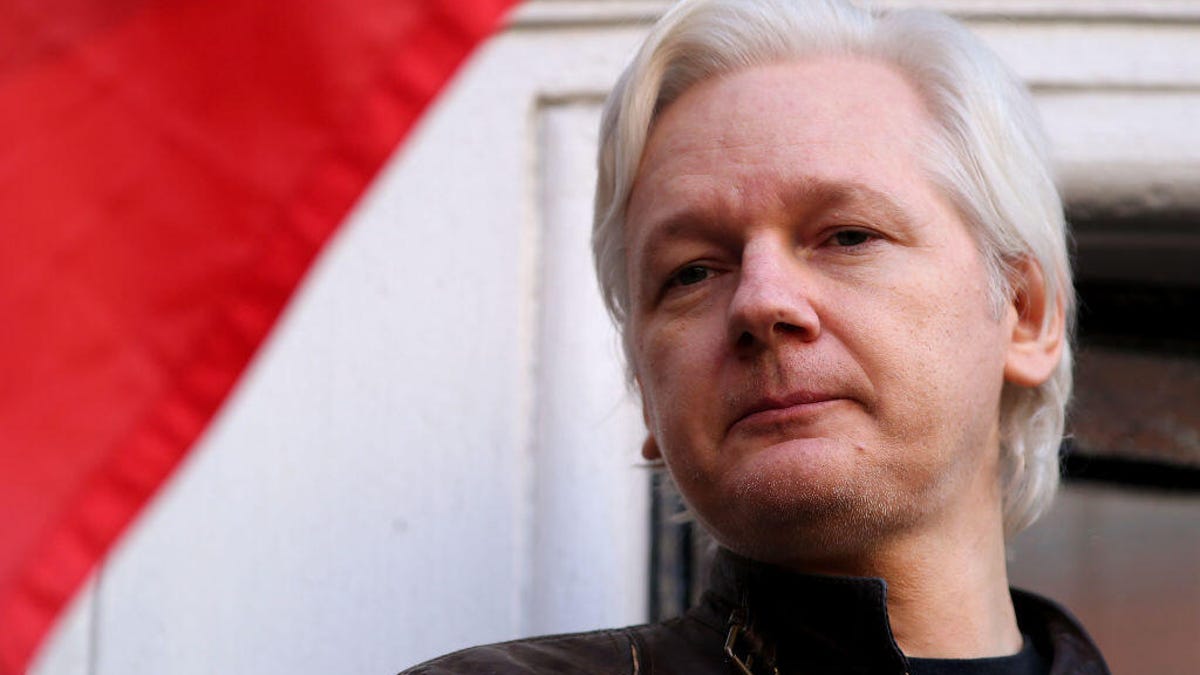Julian Assange US Extradition Given Green Light by UK Home Secretary
The WikiLeaks founder is one step closer to being extradited on espionage charges.

WikiLeaks founder Julian Assange has been under scrutiny since a highly publicized 2010 leak of diplomatic cables and military documents.
WikiLeaks founder Julian Assange on Friday received yet another blow in his bid to avoid extradition to the US. UK Home Secretary Priti Patel gave the green light to the extradition order after it was approved by the UK Supreme Court in April.
Assange is wanted in the US on espionage charges and faces an 18-count indictment accusing him of conspiring to hack military databases to publish classified information about the wars in Iraq and Afghanistan. Assange took refuge in the Ecuadorian embassy in London for seven years to avoid extradition, but was arrested in 2019 when his asylum was withdrawn. Ever since, he has been fighting his extradition battle in the UK courts. Getting the green light from the Home Secretary is one of the final steps in the extradition process.
"Under the Extradition Act 2003, the Secretary of State must sign an extradition order if there are no grounds to prohibit the order being made," said a Home Office spokesperson in a statement. "Extradition requests are only sent to the Home Secretary once a judge decides it can proceed after considering various aspects of the case."
In a statement, WikiLeaks said that this was "a dark day for press freedom and British democracy" and that it was in Patel's power to "do the right thing." Assange now has four days to appeal. WikiLeaks said it would continue the fight to return Assange to his family (he has a wife and two young sons) and to "regain freedom of expression for us all."
If convicted, Assange could receive up to a 175-year jail sentence, although the US government has said he would likely face a sentence of between four and six years. At the center of the fight are concerns about how Assange would be treated if extradited to the US and held within its prison system. Previously, the extradition had been blocked because of the risk to Assange's mental health, but that decision was overturned in December due to assurances from the US.
These included a promise not to hold Assange at ADX, a supermax prison in Colorado, or to make him subject to "special administrative measures." The US also agreed that if Assange is convicted it will consent to an application from Australia for him to serve his sentence there (Assange is an Australian citizen). Finally, the US guaranteed that if he is held in the US, Assange would receive appropriate clinical and psychological treatment.
"In this case, the UK courts have not found that it would be oppressive, unjust or an abuse of process to extradite Mr Assange," said the Home Office spokesperson on Friday. "Nor have they found that extradition would be incompatible with his human rights, including his right to a fair trial and to freedom of expression, and that whilst in the US he will be treated appropriately, including in relation to his health."

